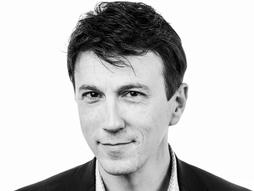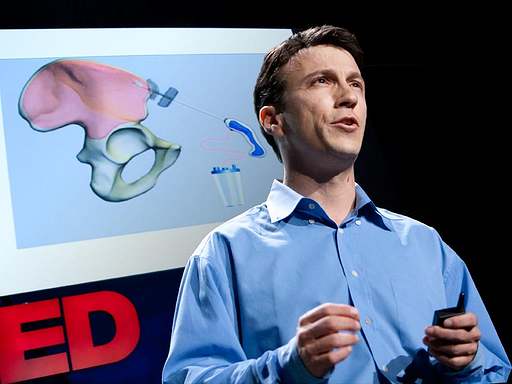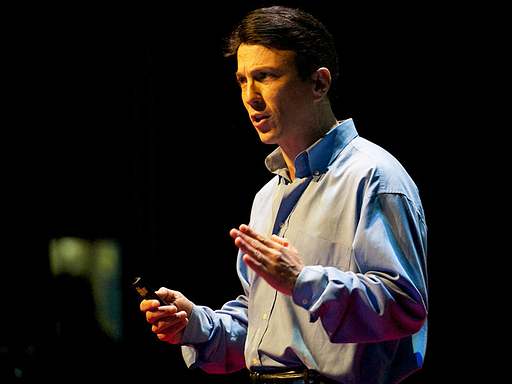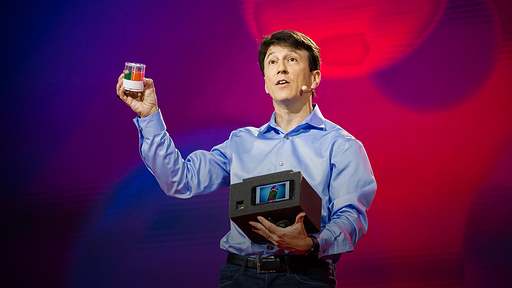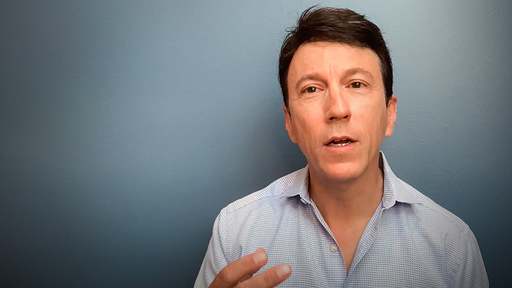Daniel Kraft explores the impact and potential of rapidly developing technologies as applied to health and medicine.
Why you should listen
Dr. Daniel Kraft is a Stanford and Harvard trained physician-scientist with more than 25 years of experience in clinical practice, biomedical research and innovation. He is Founder and Chair for
NextMed Health, a program which explores convergent, rapidly developing technologies and their potential to reshape the future of health and biomedicine. He is also faculty chair for medicine at
Singularity University and chairs the
XPRIZE Pandemic & Health Alliance.After graduating from Brown University and medical school at Stanford, Kraft was board certified in both Internal Medicine and Pediatrics following residency at the Massachusetts General Hospital & Boston Children's Hospital, and he completed Stanford fellowships in hematology/oncology and bone marrow transplantation. He is a fellow in the inaugural 2016 class of the Aspen Institute Health Innovators Fellowship.Kraft has conducted extensive research in stem cell biology and regenerative medicine with multiple scientific publications, medical device, digital health, and stem cell-related patents through faculty positions with Stanford University School of Medicine and as clinical faculty for the pediatric bone marrow transplantation service at the University of California San Francisco. Kraft recently founded
Digital.Health, focused on connected, data-driven, and integrated personalized health and medicine. He is the inventor of the MarrowMiner, an FDA-approved device for the minimally invasive harvest of bone marrow, and he founded RegenMed Systems, a company developing technologies to enable adult stem cell-based regenerative therapies. He is an advisor to the XPRIZE Foundation (where he conceived of the Medical Tricorder XPRIZE and helped lead a new
XPRIZE for Rapid Covid-19 testing). He is a Kauffman Fellow and an investor and advisor to several digital health and life science companies.Kraft is an avid pilot and served for 14 years as an officer and flight surgeon with F-15 and F-16 fighter squadrons in the Air National Guard. He has conducted research on aerospace medicine that was published with NASA, with whom he was a finalist for astronaut selection.
